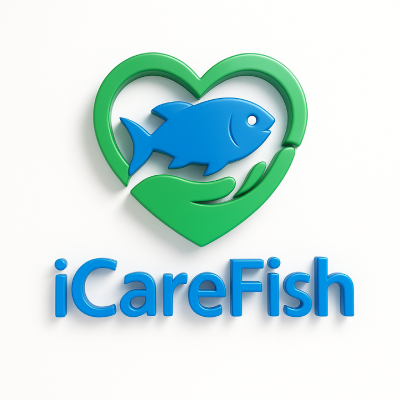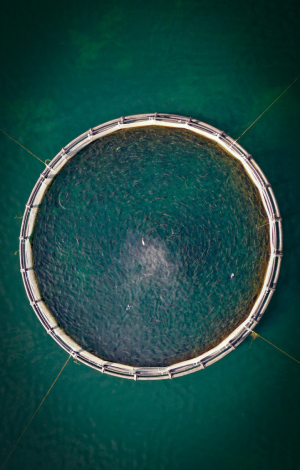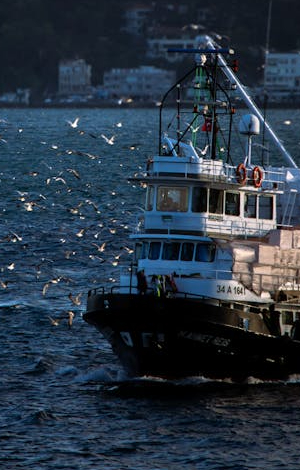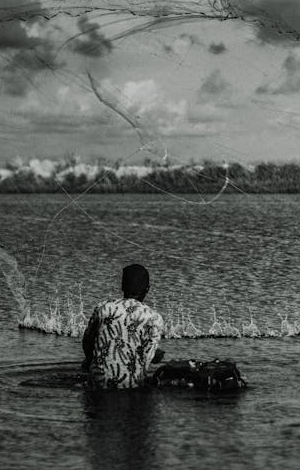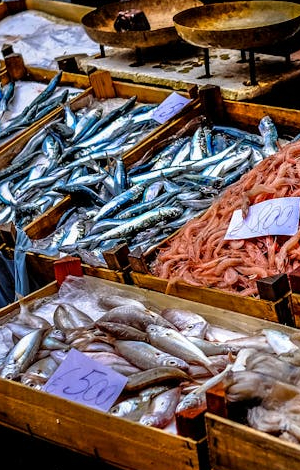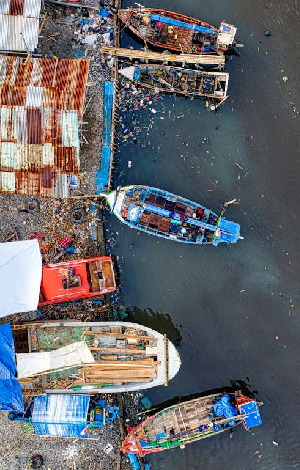About
The ICARE-FISH mission is to enhance the wellbeing of aquatic animals across Africa.
By combining scientific research, community engagement, and policy influence, we strive to improve conditions for both farmed and wild fish. Initiatives focus on education, empowering local leaders, and promoting compassionate, sustainable practices that recognise fish sentience and reduce unnecessary suffering.
Our Objectives
OBJECTIVE #1
Promote humane handling and slaughter practices in aquaculture and wild capture systems.
OBJECTIVE #2
Conduct welfare-focused research to inform best practices tailored to African environments.
View 5 more objectives
OBJECTIVE #3
Train local welfare champions to lead change within their farming and fishing communities.
OBJECTIVE #4
Advocate for fish welfare policy inclusion at local, national, and international levels.
OBJECTIVE #5
Encourage responsible consumption and the transition toward humane and sustainable food systems.
OBJECTIVE #6
Address welfare concerns in the seafood industry, particularly in low-resource settings.
OBJECTIVE #7
Link welfare to conservation by engaging in issues like overfishing, habitat degradation, and biodiversity loss.
Focus Areas
Our Story:
From Experience to Impact
Past. Present. Future.
Why We Exist
To reduce fish suffering and champion fish welfare in Nigeria and Africa by working closely with cluster communities through research, training, and community-driven solutions.
Our Approach: Direct Farm Engagement
We believe lasting change happens on the ground, not from a distance. That’s why our Direct Farm Engagement Model puts us side by side with farmers inside cluster farms.
We listen and observe real challenges in daily practice.
We work at the intersection of science, community development, and policy to improve the treatment of both wild and farmed fish.
We walk with farmers, not ahead of them, ensuring fish welfare becomes a lived reality, not just a concept.
This hands-on approach keeps our work rooted in African realities and ensures welfare improvements that truly last.
Our Impact Focus
How We Measure Change
- Reducing fish suffering and mortality We aim to lower fish mortality in trained clusters by up to 40% within 12 months, compared to baseline levels.ng fish suffering
- More farms using humane and welfare-friendly practices Our goal is for at least 60% of farmers in pilot clusters to adopt two or more welfare-friendly practices, based on surveys and on-farm observations.
- Improved water quality in local ecosystems We track quarterly changes in cluster ponds and connected streams, with a focus on dissolved oxygen levels and waste management practices.
- Farmers reporting fewer losses and stronger resilience Through surveys and sample farm records, we monitor progress, aiming for 60% of farmers to report reduced stock losses and greater farm stability.
